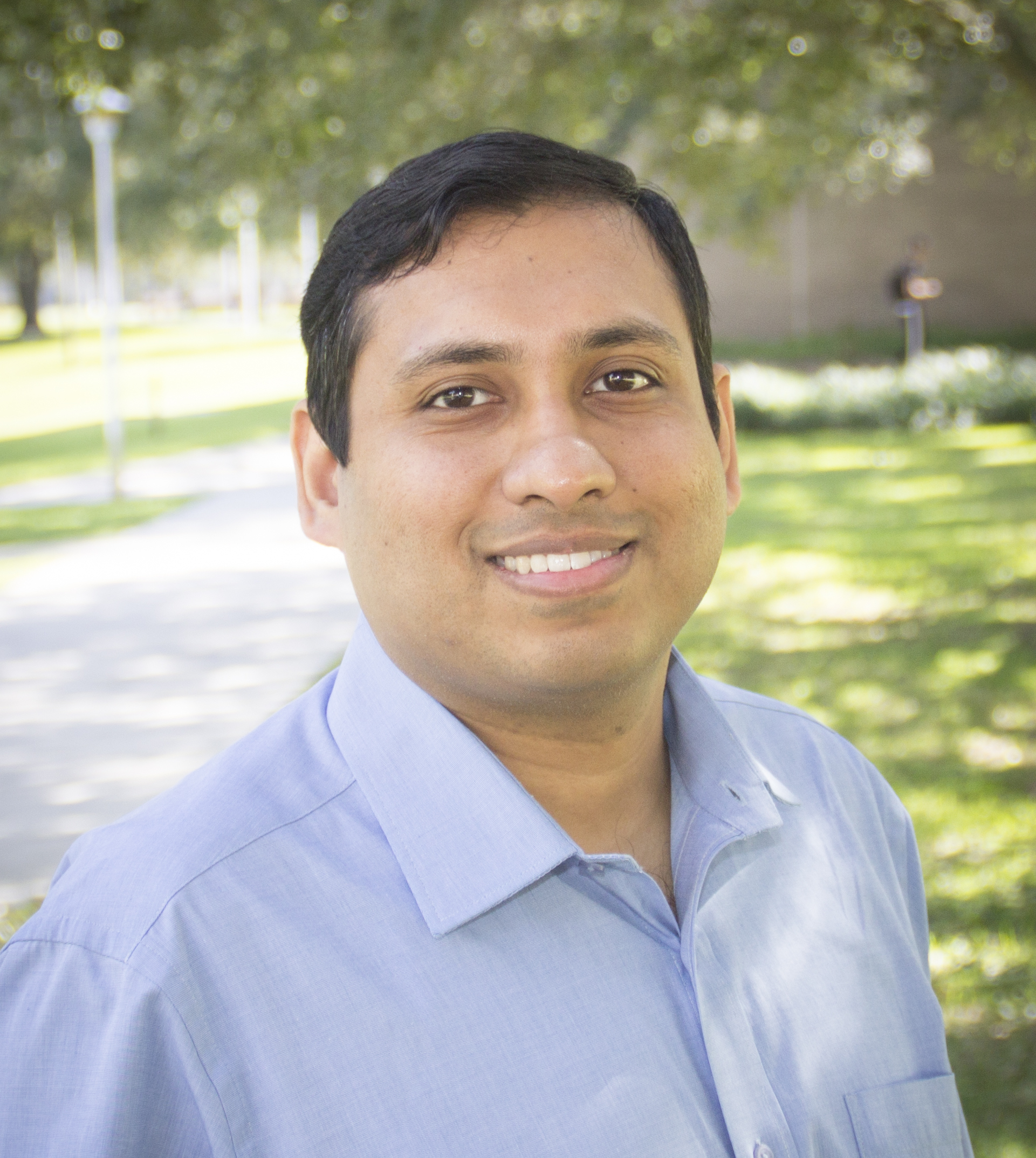The Translational Optics Imaging & Spectroscopy Lab @ USF is focused on the development and application of novel optical/opto-electronic instrumentation for the diagnosis, monitoring, and characterization of diseases such as strokes, brain injuries and tumors. Our multidisciplinary approach combines principles/concepts in optics, physics, engineering, and computation in order to directly measure tissue physiology for applications that include:
- Non-invasive bedside monitoring of brain physiology
- Critical care monitoring
- Non-invasive biomarkers of neurological conditions (e.g., Stroke, Traumatic Brain Injury)
- Intraoperative imaging/monitoring of blood flow & characterization of tumors
- Small animal models of stroke, and neuroprotection
We graciously acknowledge current research support from the National Institutes of Health (NIH) and the National Science Foundation (NSF).

Engineering II: ENB 351
Department of Electrical Engineering
Univeristy of South Florida